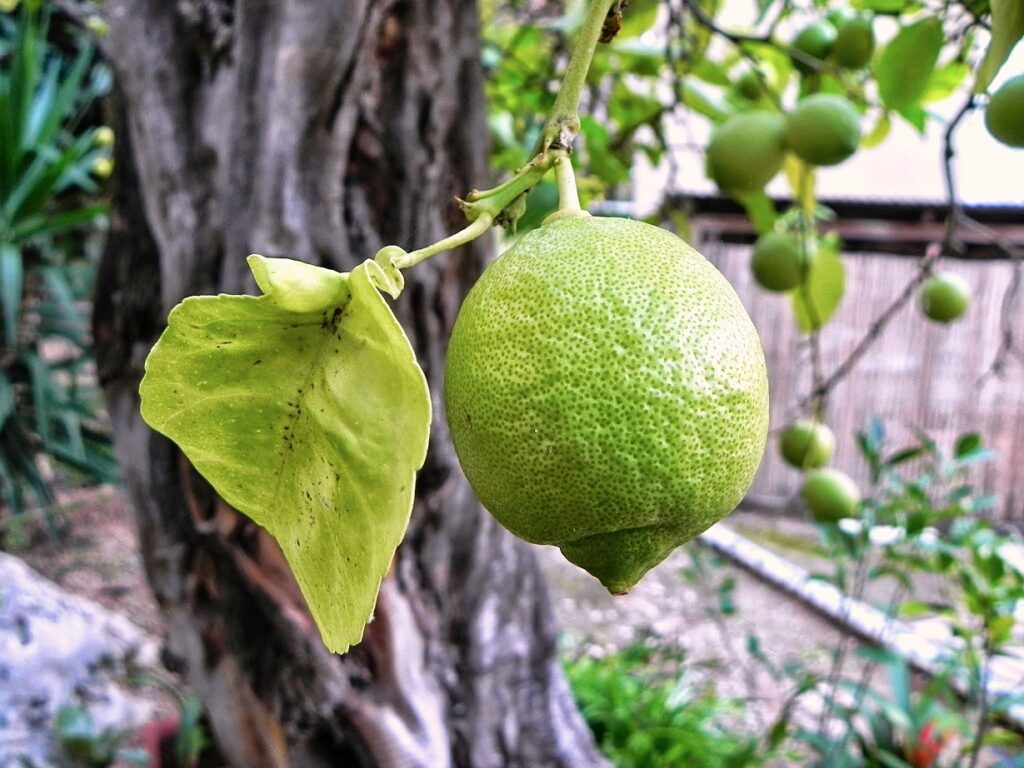#TomorrowIsSunday (EN+ES) | What Do a Hypocrite and a Mask Have in Common?


Photo Credit: Sr. Amata CSFNa
VIII Sunday of Ordinary Time, Year C
Sunday 27 February 2022
Gospel of Luke 6:39-45
EN https://bible.usccb.org/bible/readings/022722.cfm
You can download the commentary on todays Gospel and beautiful photos:
https://tiny.pl/9lzsz
*
VIII Domingo del Tiempo Ordinario, Año C
Domingo 27 de febrero del 2022
Evangelio de Lucas 6,39-45
ES https://bible.usccb.org/es/bible/lecturas/022722.cfm
1. We can share what we have
“When should the children’s education begin? When they are three years old or five or more?” a married couple asked an elderly priest who had worked with families for years. He replied: “Ideally, at least 20 years before birth. Parents unknowingly transmit who they are to their children, and children absorb it like a sponge.”
2. Key Words
You hypocrite! Remove the wooden beam from your eye first; then you will see clearly to remove the splinter in your brother’s eye.
The word “hypocrite” (hypokrites in the original Greek) designates a man who does the opposite of what he says, points out the faults of others without seeing his own, and says what people want to hear. This word comes from the ancient theater, where actors were referred to precisely by the word “hypokrites.” While acting on stage, they put on masks that represent their characters as men or women and their states of mind: joy, sadness, fear, courage, etc.
Jesus repeatedly warns against people who wear masks, and he urges them to throw them off and be themselves in life, not hypocrites. That is why he says: “How can you say to your brother, ‘Brother, let me remove that splinter in your eye,’ when you do not even notice the wooden beam in your own eye?”
A good tree does not bear rotten fruit, nor does a rotten tree bear good fruit. For every tree is known by its own fruit. A good person out of the store of goodness in his heart produces good, but an evil person out of a store of evil produces evil; for from the fullness of the heart the mouth speaks.
In the Bible, the heart is not understood as a symbol of emotions or feelings; it is something much more important. It is the sanctuary where man meets God, a symbol of the person’s free will, and a place of decision-making. It was thought to be surrounded by spirit (pneuma). What is most important takes place in our heart.
3. Today
Actions, or fruits, are the consequence of the decisions made in the heart. The quality of the fruit, and the quality of our lives, depends on the quality of our heart. Simply.
You can read also:
#TomorrowIsSunday (EN+ES) | Why should we love our enemies? >>>
#TomorrowIsSunday (EN+ES) | Jesus’ Counsel Regarding Hatred Prompted by Faith >>>
#TomorrowIsSunday (En+ES) | In the Bible, what does it mean to be “fisher of men”? >>>
#TomorrowIsSunday (EN+ES) | Why is Nazareth a Tragic City? >>>
#TomorrowIsSunday (EN+ES) | Who is Theophilus for whom Luke wrote the Gospel? >>>

Photo Credit: Sr. Amata CSFN
*
1. Podemos compartir lo que tenemos
“¿Cuándo debe comenzar la educación de los hijos? ¿Cuándo tienen tres años o cinco o más?” preguntó un matrimonio a un sacerdote anciano que llevaba muchos años trabajando con familias. Él respondió: “Lo ideal es al menos 20 años antes del nacimiento. Los padres, sin saberlo, transmiten a sus hijos lo que son, y los niños lo absorben como una esponja”.
2. Palabras clave
¡Hipócrita! Saca primero la viga que llevas en tu ojo y entonces podrás ver, para sacar la paja del ojo de tu hermano.
La palabra “hipócrita” (hypokrites en el griego original) designa a un hombre que hace lo contrario de lo que dice, señala las faltas de los demás sin ver las suyas, y dice lo que la gente quiere oír. Esta palabra procede del teatro antiguo, donde se designaba a los actores precisamente con la palabra “hypokrites”. Mientras actúan en el escenario, se ponen máscaras que representan a sus personajes como hombres o mujeres y sus estados de ánimo: alegría, tristeza, miedo, valor, etc.
Jesús advierte repetidamente contra las personas que llevan máscaras, y les insta a desprenderse de ellas y a ser ellos mismos en la vida, no hipócritas. Por eso dice: “¿Por qué ves la paja en el ojo de tu hermano y no la viga que llevas en el tuyo? ¿Cómo te atreves a decirle a tu hermano: ‘Déjame quitarte la paja que llevas en el ojo’, si no adviertes la viga que llevas en el tuyo?”
No hay árbol bueno que produzca frutos malos, ni árbol malo que produzca frutos buenos. Cada árbol se conoce por sus frutos. No se recogen higos de las zarzas, ni se cortan uvas de los espinos. El hombre bueno dice cosas buenas, porque el bien está en su corazón, y el hombre malo dice cosas malas, porque el mal está en su corazón, pues la boca habla de lo que está lleno el corazón”.
En la Biblia, el corazón no se entiende como un símbolo de emociones o sentimientos; es algo mucho más importante. Es el santuario donde el hombre se encuentra con Dios, un símbolo del libre albedrío de la persona y un lugar de toma de decisiones. Se pensaba que esta rodeado de espíritu (pneuma). Lo más importante tiene lugar en nuestro corazón.
3. Hoy
Las acciones, o los frutos, son la consecuencia de las decisiones tomadas en el corazón. La calidad del fruto, y la calidad de nuestra vida, depende de la calidad de nuestro corazón. Simplemente.
También puedes leer:
#TomorrowIsSunday (EN+ES) | Why should we love our enemies? >>>
#TomorrowIsSunday (EN+ES) | Jesus’ Counsel Regarding Hatred Prompted by Faith >>>
#TomorrowIsSunday (En+ES) | In the Bible, what does it mean to be “fisher of men”? >>>
#TomorrowIsSunday (EN+ES) | Why is Nazareth a Tragic City? >>>
#TomorrowIsSunday (EN+ES) | Who is Theophilus for whom Luke wrote the Gospel? >>>

Crédito de foto: Hna. Amata CSFN



Dodaj komentarz